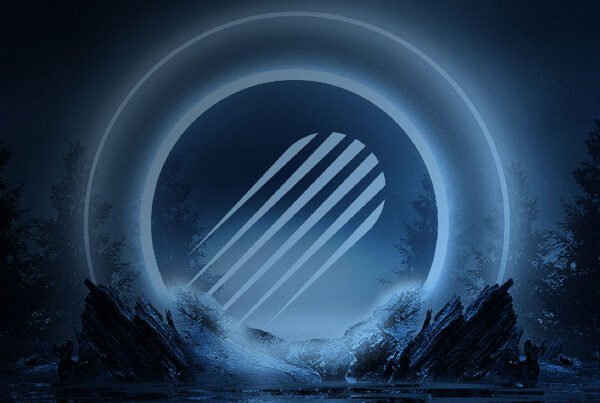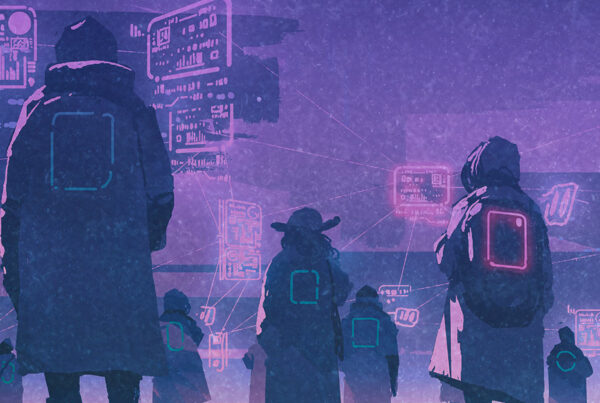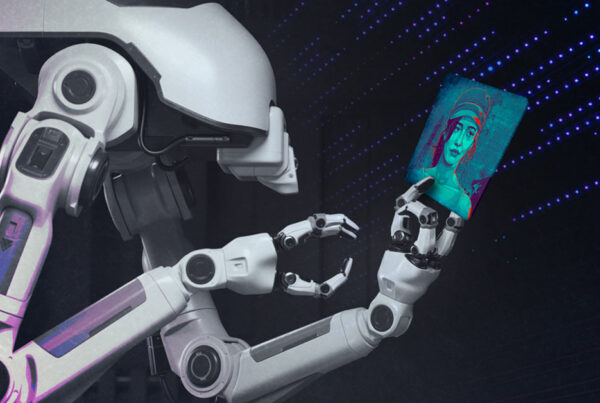Let’s Start at the Beginning
NFTs, (non-fungible tokens) first changed digital uniqueness and provided strong digital property rights. Together, we the creators, are unlocking the full force of the Web3 and virtual environments and we are creating the metaverse – a virtual environment enabling users to create, own, and sell our assets hosted within a decentralized infrastructure.
Until recently, we have not owned items with value in the virtual world. Enter the blockchain, where we can own our own currency. With NFTs, we are at the helm, and we can finally own virtual items.
What is an NFT Marketplace?
If you’re brand new to the NFT space, you’re not alone. We are ALL new(ish), and we are creating this metaverse together. The world of NFTs is complex and it’s difficult to sift through the massive amounts of information to determine the best strategy for your first drop.
The NFT marketplace is your gateway to participating in the purchase and sale of these digital assets — from art to music to entire virtual worlds. (Kind of like Amazon in the digital realm.)
The first thing you need to do is to choose and setup a wallet. Let’s fast forward and assume you have already done so. If not, check out this article on how to get started.
Which Marketplace is Best for Me?
After you have a wallet and you’ve created your masterpiece NFTs, it’s time to sell those bad boys. The competition is stiff and overwhelming. There are myriad decisions to make, including where to sell your digital assets? This is an important question that you need to fully explore before making a decision because a poor experience on the wrong marketplace can crush your NFT sales. Adversely, choosing the right marketplace can sell out your collection in mere minutes.
There are dozens of NFT marketplaces in existence, and many of them have a specific focus or niche. What should you look for before deciding which one to use, and what are the top NFT marketplaces out there?
Before choosing an NFT marketplace, ask yourself what kind of digital asset are you creating and selling? Just about anything digital — the written word, videos, video games, art, collectors items, etc. can be tokenized on a blockchain (such as Ethereum (CRYPTO:ETH), the most common blockchain network NFTs are built on), so narrowing down your interest is a good place to start.
Next, ask yourself what type of tokens are supported and is the marketplace compatible with your wallet? Some NFT marketplaces utilize only a specific proprietary token; whereas others are more universal. When opening a marketplace account, you MUST fund your blockchain wallet with the right crypto or token necessary for participation in that site’s activities.
The most accessible NFT marketplaces for newbies are below:
OpenSea is the leader in NFT sales and is probably the most well-known. It supports more than 150 different payment tokens so it’s a good starting place if you’re new to NFTs. It’s free to browse so you can check it out before deciding.
Mintable, also an open marketplace similar to OpenSea, is backed by Mark Cuban. An aspiring NFT collector or creator must purchase Ethereum from a crypto exchange first, then connect their wallet to Mintable to facilitate bidding and buying on the marketplace.
Rarible is another large marketplace for all kinds of NFTs. Unlike OpenSea, this one requires their proprietary token (CRYPTO:RARI), built on the Ethereum blockchain.
Nifty Gateway is frequently associated with digital artist Beeple, and is an art curation platform powered by the crypto exchange Gemini (controlled by the Winklevoss twins). The NFTs, known as Nifties, are built on Ethereum. Unlike the two above, Nifty purchases and sales also can be made in fiat currency without making a cryptocurrency purchase first.
Making these decisions are entirely up to you, and we recommend that you thoroughly research before deciding where to land.







